Cloud technology is undeniably considered paramount everywhere in the tech market. The rationale behind this is the emerging growth of Cloud technology in multiple businesses and enterprises to manage Data / Services which helps them to streamline their organizational process. G Suite is one of the most favored user-friendly Cloud technology, which is easily accessible from any device or location, irrational to organizational access parameters. G Suite continuously strives to supply additional features uniformly for the convenience of users. But still, there are a few aspects in G Suite that can’t be easily handled around access control and device management, due to the frontline feature that Google always promises of “anytime, anywhere and with any device”.
Easy cloud access to G Suite also brings up a set of challenges associated with security concerns to stop your data from being accessed by unauthorized users protecting it from various sorts of cyber threats. Maintaining the safety of such broad-driven cloud applications (Gmail, Google Drive) is one of the challenges within the modernized world. Here IP restriction for G Suite comes within the frame and is considered one of the proven solutions for handling these sorts of use cases.
To get specific inference regarding what G suite IP restriction is and the way it works we’d like to urge clear about a few basic aspects:-
- What is IP restriction for G Suite?
- Why does your organization need IP restriction for G Suite?
- Why use miniOrange to protect your G Suite Data?
What is IP Restriction for G Suite?
IP Restriction termed as Internet Protocol Restriction allows admin or organization owners to restrict access to their business data to respective users and employees only through the specified and registered IP addresses. Allowing or restricting user access is often achieved with a separated IP as well as a variety of IP addresses. The IP restrictions are often set of different levels and combinations like defined IP ranges or individual IP addresses. Enabling IP restriction for G Suite ensures that your important data can’t be accessed at an unsecured public place or through an unregistered IP address.
Considering a real-time example, in a corporation you being an admin have whitelisted your employee’s device’s [Mobiles, PC’s] IP addresses and accordingly permitted access to your organization data. Now suppose if an employee is using the whitelisted device in an organization’s premises i.e he can easily access data and work around it accordingly. For a short time, if he tries to access data from his device being home, he won’t be allowed to access data as his device isn’t whitelisted by admin and secondly, he’s not operating the device from the required location he’s alleged to be.
IP restriction is enabled for various security purposes like reducing redundancy, bandwidth issues, and handling control of websites with efficient recovery. If a user tries to log in outside the required range, it’ll throw an error and a specific employee/ user won’t be unable to login and access the info. This feature is employed in various organizations within the Finance industry, Logistics, E-Commerce industry, Automobile segment, Manufacturing sector, IT industry, Educational sector, and Healthcare sector (KPOs).
Why does your organization need IP restriction for G Suite?
Startups, mid-level organizations, and enormous enterprises are shifting over advanced cloud services to streamline their processing. G Suite, one of the foremost used cloud technologies, offers piles of services like Emailing, Google Calendar, Document – Presentation, file sharing, video apps, etc in a single package. As Google suite provides multiple offerings to numerous people directly, G Suite must cope up with multidimensional cloud computing security challenges. Although Google as a brand keeps no stone unturned to keep their users’ data safe with robust security protection, it still becomes difficult to cope up with distinct cyber threats within the cyber world.
Therefore, multiple cloud security companies came with the feature of IP restriction for G Suite. It enables the admin to shortlist IP addresses or a specific range of addresses, which then lets users transfer data or do further services from those registered IPs only. This IP restriction method indirectly prevents spoofing through manual defining of IP ranges. Overall, there exist two ways of enabling IP restriction for Google Suite, One through a manual process or third-party cloud Security vendor.
Why use miniOrange to protect your G Suite Data?
Enabling IP restriction for G Suite manually demands a high-versed technical person to handle the utilization case. If the person lacks technical knowledge and performs something wrong then your G Suite cloud security risk level might increase unexpectedly. So here we need an advanced cloud security system that will overcome these issues and provide a top-notch security solution to your G suite organizational data.
Here miniOrange comes in and offers all-in-one protection measures to the businesses using G Suite. It also renders g suite security with IP restriction standards to supply high-level security to your organizational G Suite data. To implement IP restriction for G Suite for your organization or business is a simple walk with miniOrange. You don’t have to put in extra effort as an enterprise to disturb the implementation of Google account security during a business.
miniOrange takes full control and visibility of organizational data, which is stored on Google. It also allows IT administrators to analyze the employee’s behavior towards enterprise data. On detection of a possible breach, it instantly sends an alert email message to notify higher business authorities. miniOrange also renders the program to enforce access control standards at the macro level on the idea of the device, IP address, time, browser, geolocation, etc.
You can follow the steps given here to set up IP restrictions and other Adaptive MFA methods for your applications.
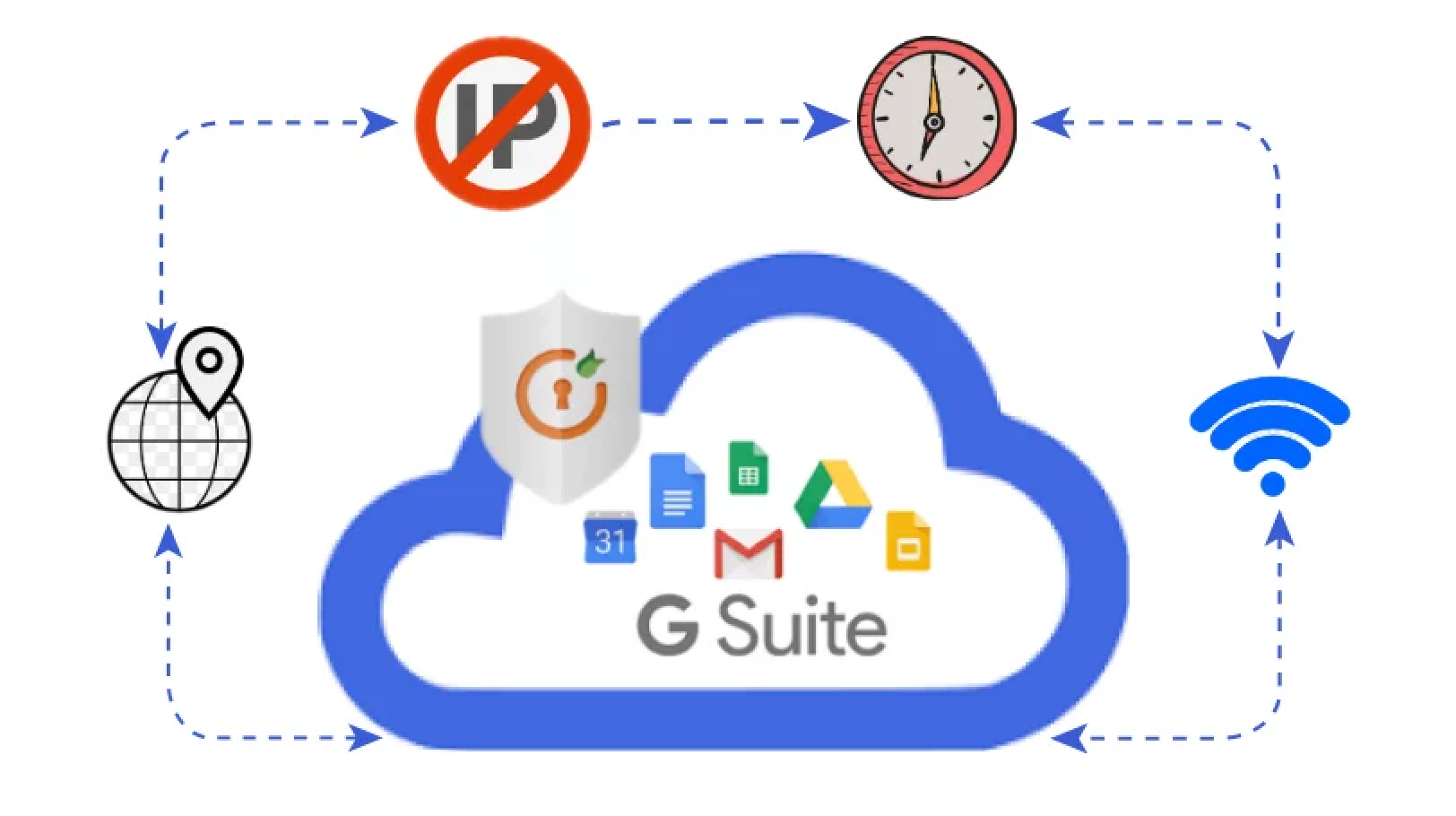
G Suite Automated Security Measures provided by miniOrange:
Following listed are security measures provided by miniOrange,
1. Access Control : Access control specifies data control policies on the idea of location, device, IP address, and other means through which G Suite content is often accessed. It imposes conditional policies on customer’s Google for business accounts and creates a virtual secure environment.
- IP Restriction: Restricts user access from unknown IP addresses to ensure corporate data is accessible only through IPs defined by the IT admin.
- Geo (Location) Restriction: Here a selected geographical area is assigned, to stop corporate data from being accessed from unauthorized remote locations.
- Time Restriction: In time restriction, you as a corporation can fix specific timings, so hereafter any employee can access and work around corporate data within a specified time-frame. (e.g working hours)
- Browser Restriction: With miniOrange you’ll register a specific browser, so hereafter an organizational employee can access corporate data as long as he’s using the required registered browser
- Device Restriction: In Device Restriction user’s relatable devices like his mobile or Pc are going to be registered, if a specific user tries to log into the enterprise portal through unregistered or unknown devices he won’t be allowed to access
2. DLP Policy: Data loss prevention standard policy is appended by miniOrange during this consolidated Google Security software. These policies make sure that employees won’t send confidential business information outside the business network. Whenever the IP restriction for G Suite solution detects the occurrence of such an incident, it immediately blocks the user access and sends an alert mail to the business authority. Aside from this, many other subsequent security measures are provided by miniOrange.
Specific G-Suite security features provided by miniOrange:
- Administrators can prefer to apply rules to specific individuals, groups, or the whole organization differently.
- Rules are often set during a hierarchy, allowing flexible management.
- Predefined IP locations white list where a user is allowed to access from.
- No firewall or installations are required.
- Easy policy settings.
Conclusion
Being a neighborhood of the high-versed cyber world, it’s an important need of enterprises to adopt a high-versed Security Solution for G Suite. To manage advanced security for the G suite with other multiple activities becomes a daunting task for an organization and IT admins. Though it’d be difficult to manage security norms it’s the necessity of the time considering trending cyber-attacks. So it’s better to approach security-as-a-service providers. There are few cloud security providers, which give top-notch security services. But before choosing any cloud Security Service provider ensure they did it confidentially, with the simplest technical support at a budgeted price. Accordingly, I feel miniOrange here fits within the best considering these points. You can schedule a free demo with them to ascertain how IP restriction for G Suite works and how it can add an extra edge to your organizational security.
Further Reading
Author
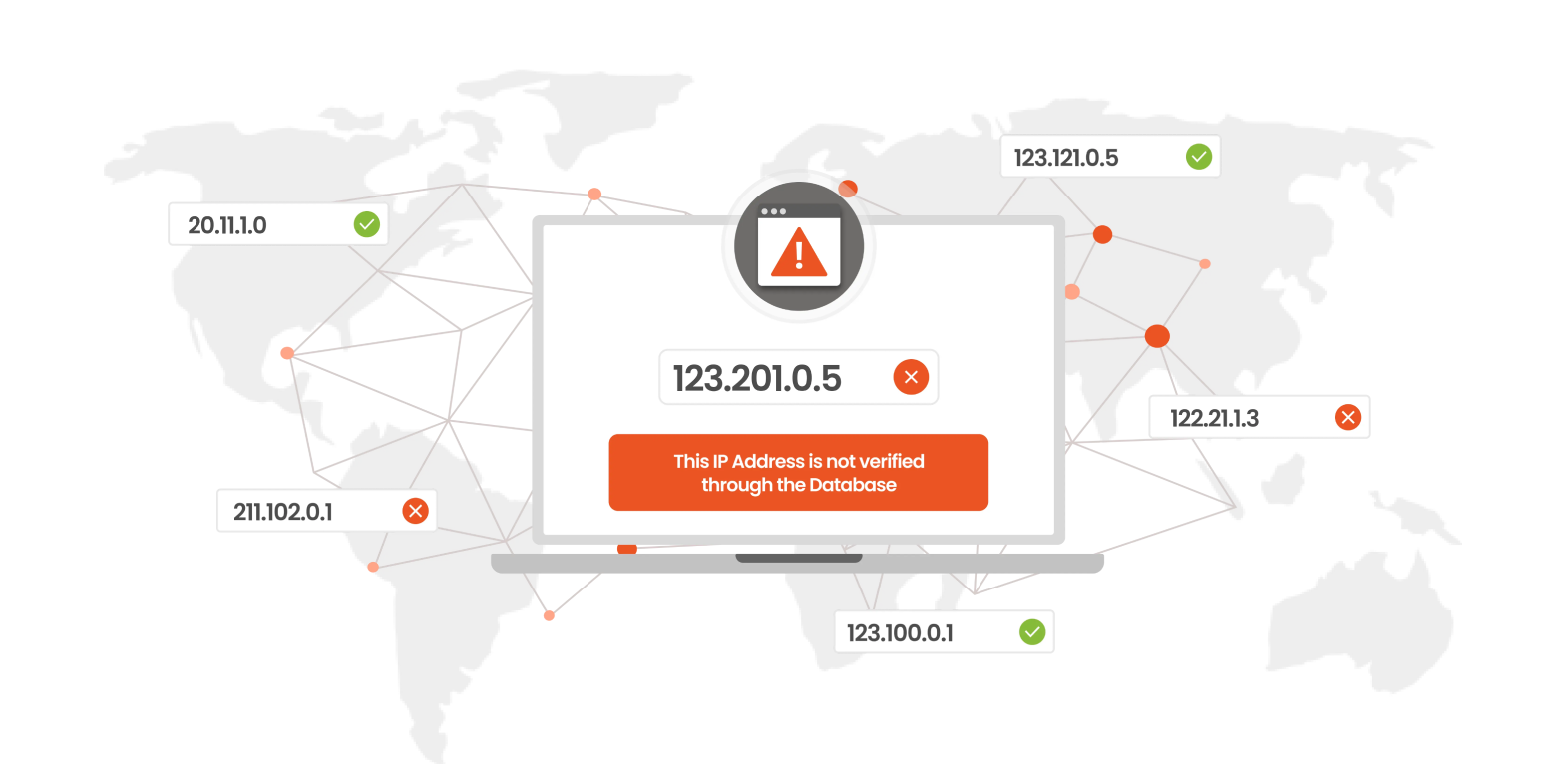
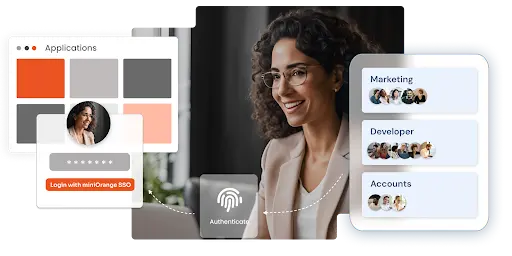
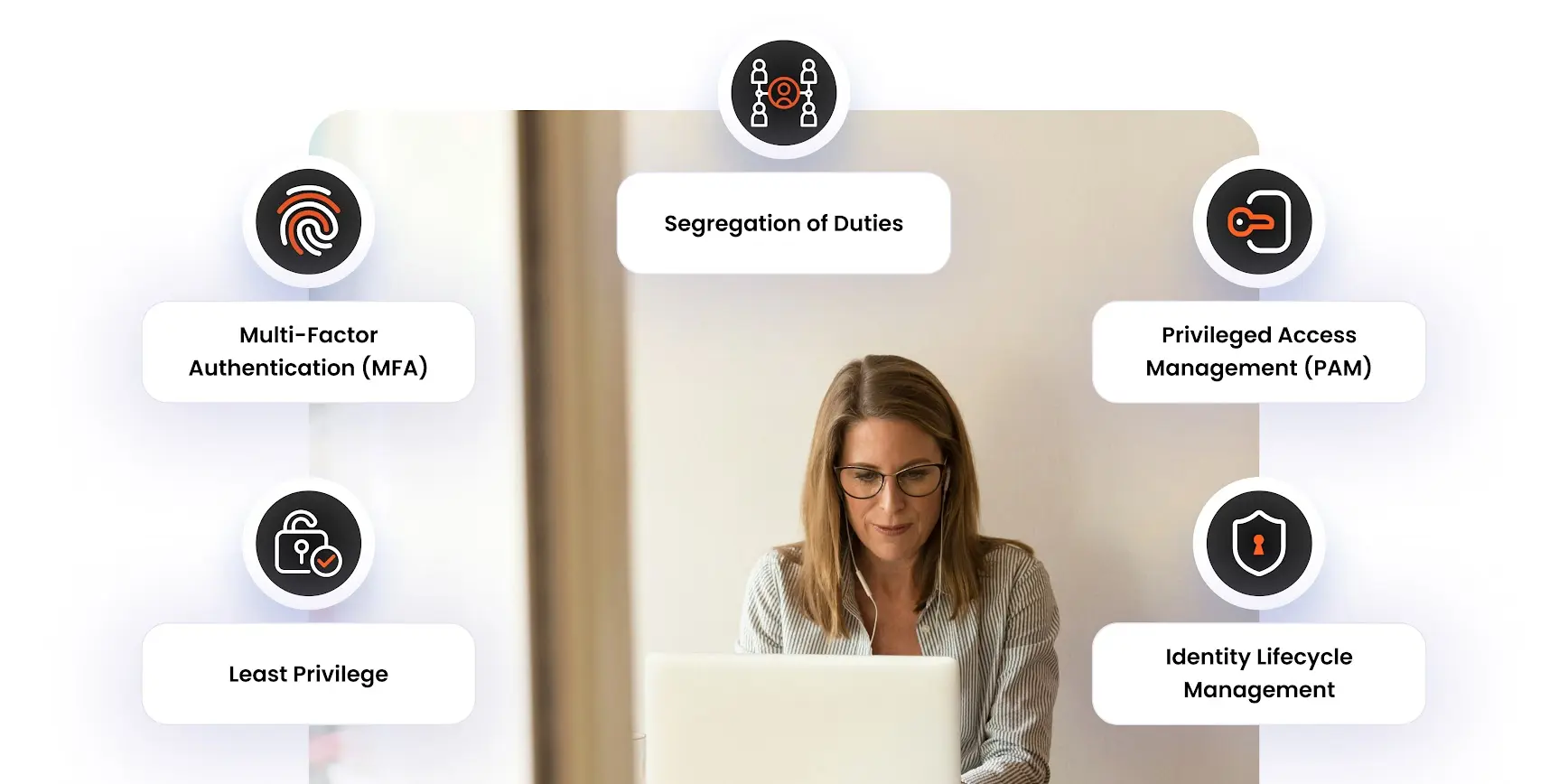
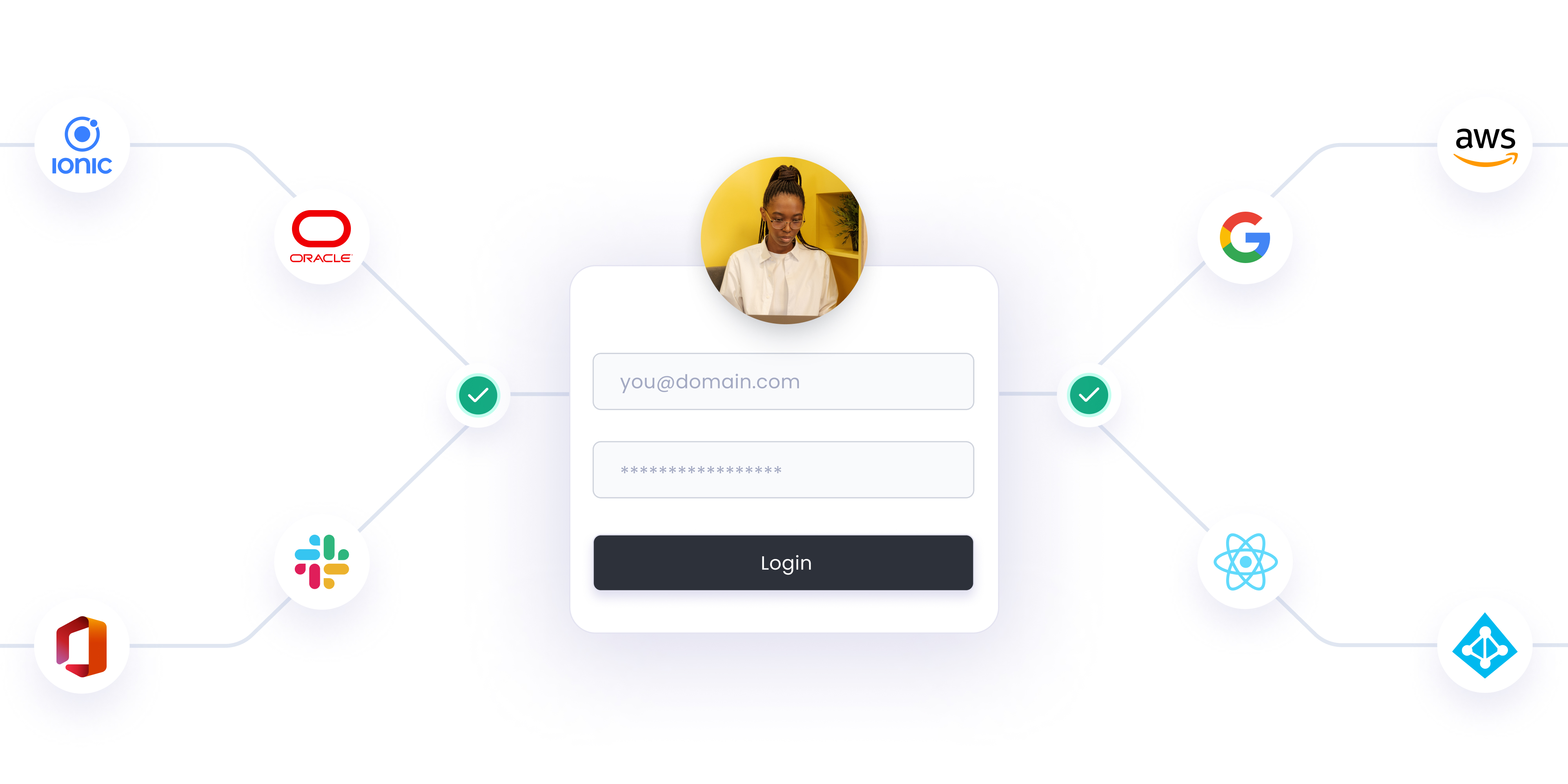

Leave a Comment